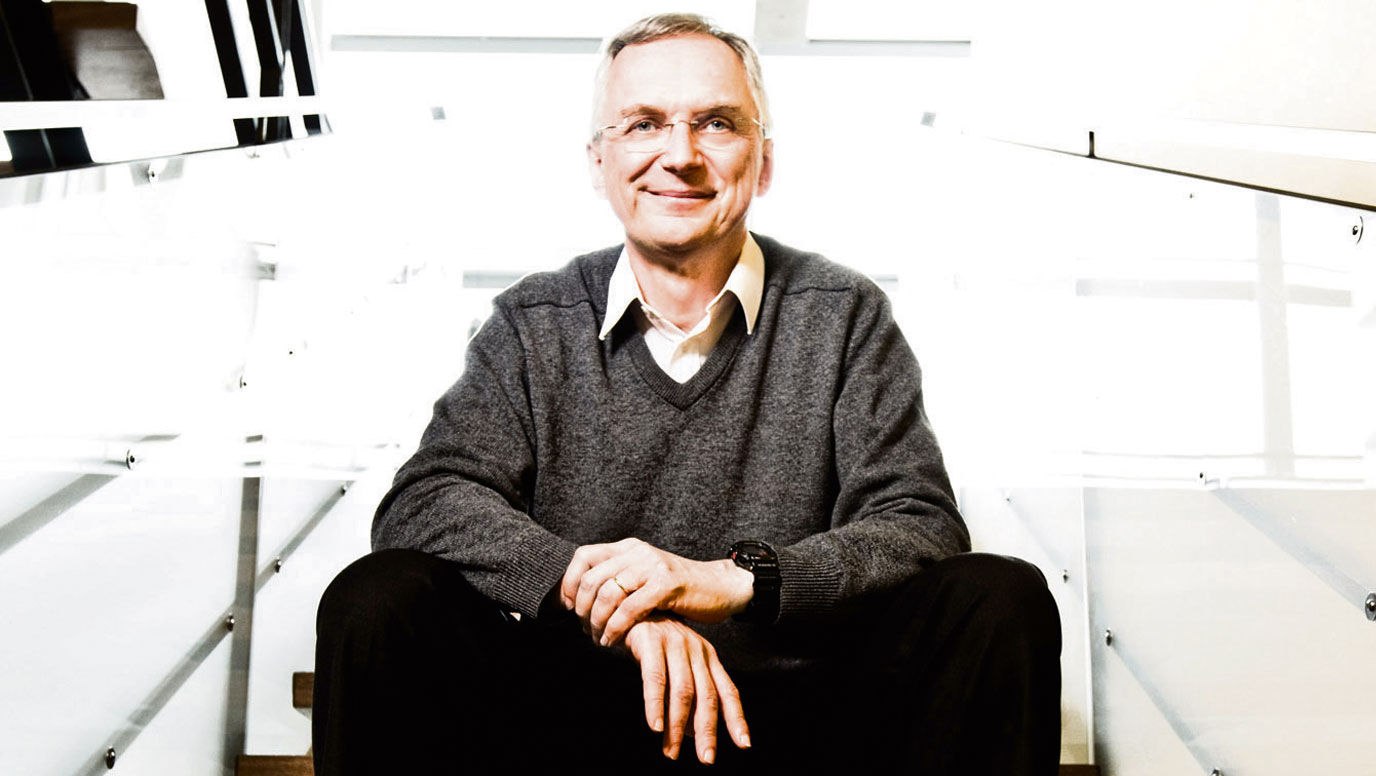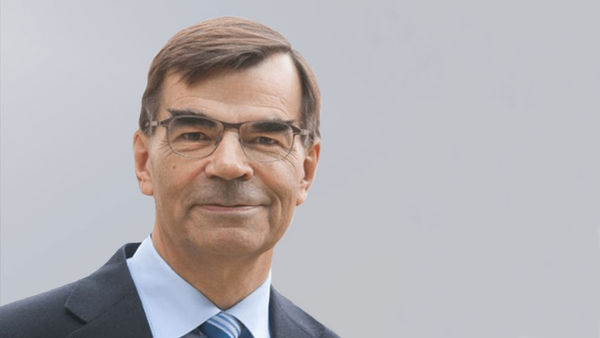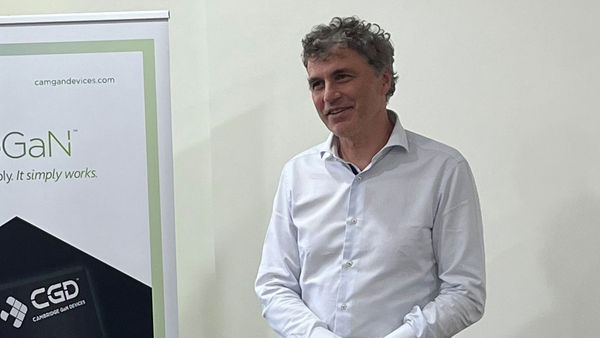Dontrepreneurs can help you turn brainpower into commercial success

The triumphant trio strut their stuff in the ‘Dontrepreneurs’ panel from 12.20 to 1pm on Tuesday September 10 at The Guildhall in Cambridge. They will be prompted by session chair Tony Quested, CEO of Business Weekly, to inform current and future generations of how best to succeed internationally.
Hermann Hauser’s Amadeus Capital Partners, a global tech investor, recently recruited Professor Young as a Venture Partner in its early stage, deep tech investing team.
Emeritus Professor of Information Engineering at Cambridge University, Prof Young was a founder and VP Engineering at speech recognition company Entropic Inc acquired by Microsoft in 1999 – 25 years ago come October – and founder of VocalIQ Ltd in the same segment (acquired by Apple, also in October, in 2015).
Steve became a senior member of technical staff in the Siri Development team in Cambridge as Apple sought to catch up with and hopefully overtake Alexa and other virtual assistant market leaders. Another of his less trumpeted successes was Phonetic Arts, a speech synthesis company that delivered technology for generating natural expressive speech.
The technology developed by the company allowed computer games to say various sentences with different kinds of voices. Phonetic Arts was acquired by Google in 2010.

Sir Andy Hopper perhaps qualifies as the don of all Cambridge Dontrepreneurs – Professor Emeritus of Computer Technology at the University of Cambridge, co-founder with Maurice Wilkes of the Cambridge Ring and former chief of the Olivetti Lab among a glittering pantheon of career honours.
As long ago as 1978 – almost 50 years ago now – Sir Andy co-founded Orbis Ltd to develop networking technologies. He worked with Hermann Hauser and Chris Curry, founders of London-quoted Acorn Computers.
Orbis became a division of Acorn in 1979 and continued to work with the Cambridge Ring. While at Acorn, Andy contributed to the design of some of the chips for the BBC Micro and helped conceive the project which led to the design of the ARM microprocessor.
In 1985, after leaving Acorn, he co-founded Qudos, a company producing CAD software and doing chip prototyping. He remained a director until 1989.
In 1993, he set up Advanced Telecommunication Modules Ltd with Dr Hauser. This company went public on the NASDAQ as Virata in 1999 and was acquired by Conexant Systems in March 2004.
Andy also co-founded Telemedia Systems, now called IPV, and was its chairman until 2003; co-founded Adaptive Broadband Ltd (ABL) to further develop the ‘Wireless ATM’ project started at ORL in the early ’90s (ABL was bought by California Microwave, Inc in 1998) then in January 2000, co-founded Cambridge Broadband which was to develop broadband fixed wireless equipment; he was non-executive chairman from 2000 – 2005.
In 2002 Sir Andy was involved in the founding of Ubisense Ltd to further develop the location technologies and sentient computing concepts that grew out of the ORL Active Badge system.
He became a director in 2003 and was chairman between 2006 and 2015 during which time the company made its initial public offering.
In 2002, Professor Hopper co-founded RealVNC and served as chairman until the company was sold in 2021; then in 2002, he co-founded Level 5 Networks and was a director until 2008 just after it merged with Solarflare.
From 2005 until 2009, Andy was chair of Adventiq, a JV between Adder and RealVNC, developing a VNC-based system-on-a-chip. In 2013 he co-founded TxtEz, a company looking to commoditise B2C communication in Africa.
Since 2019 he has been Chairman of lowRISC Community Interest Company which develops industrial-strength open source hardware.

Professor Florin Udrea has founded five companies to date – Cambridge Semiconductor (Camsemi) in power ICs – sold to Power Integrations; Cambridge CMOS Sensors (CCS) in the field of smart sensors – sold to ams; Cambridge Microelectronics in Power Devices; Cambridge GaN Device in high voltage GaN technology and Flusso in Flow and temperature sensors.
Camsemi sold one billion power IC chips in the market between 2007 and 2015 before being acquired by Power Integrations.
Both Cambridge GaN Devices Ltd and Flusso have received a string of awards and are considered two of the most exciting scale-up companies in the Cambridge Cluster. Flusso has been in Chinese ownership following a £28m takeover deal.
When Roger Needham became inaugural MD of Microsoft Research Laboratory in Cambridge in 1997 – its first lab outside of Redmond HQ and ahead of the China and India ventures – he invited patent and trademark attorneys into the business on a regular basis.
His engineers were told they could discuss ideas with these attorneys if they did not impact the central agenda of Bill Gates and co at Microsoft’s US mother ship.
Professor Needham told Tony Quested at the time: “They can come up with some absolutely brilliant ideas but as I keep saying to them – none of them are any bloody use commercially.”
The Dontrepreneurs have kept their eyes on the prize – now they can help you do the same. Visit cambridgetechweek.co.uk to reserve your place at the event.

